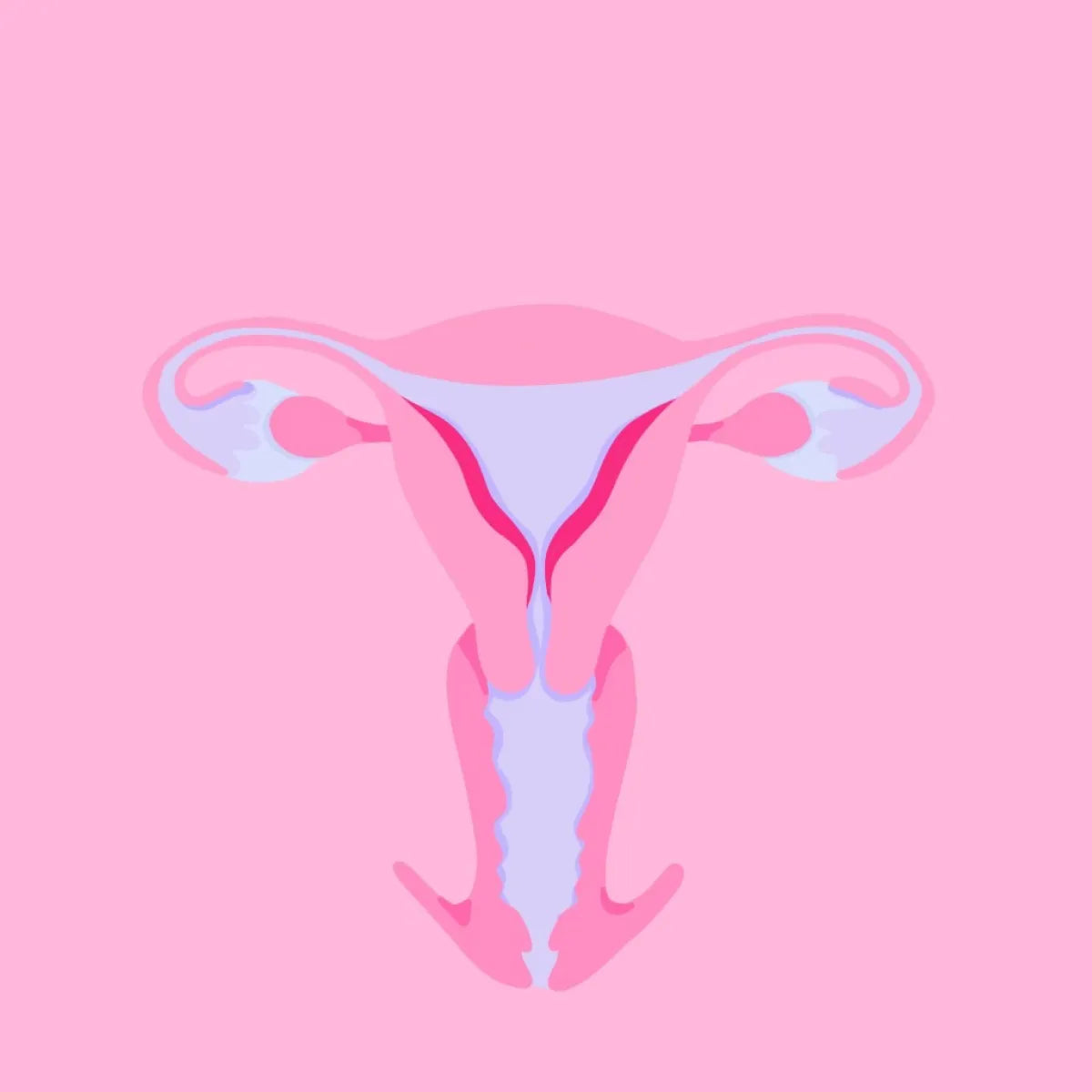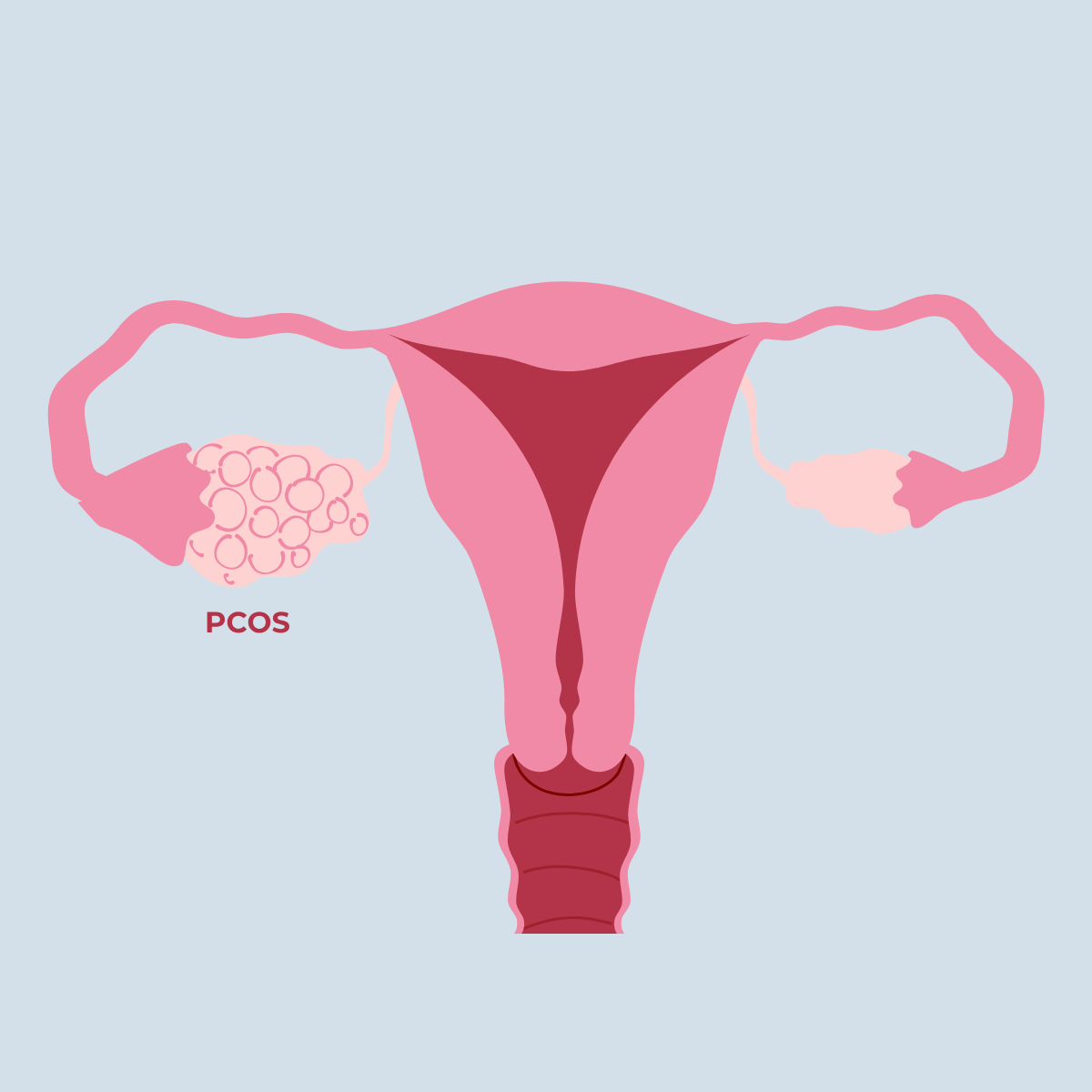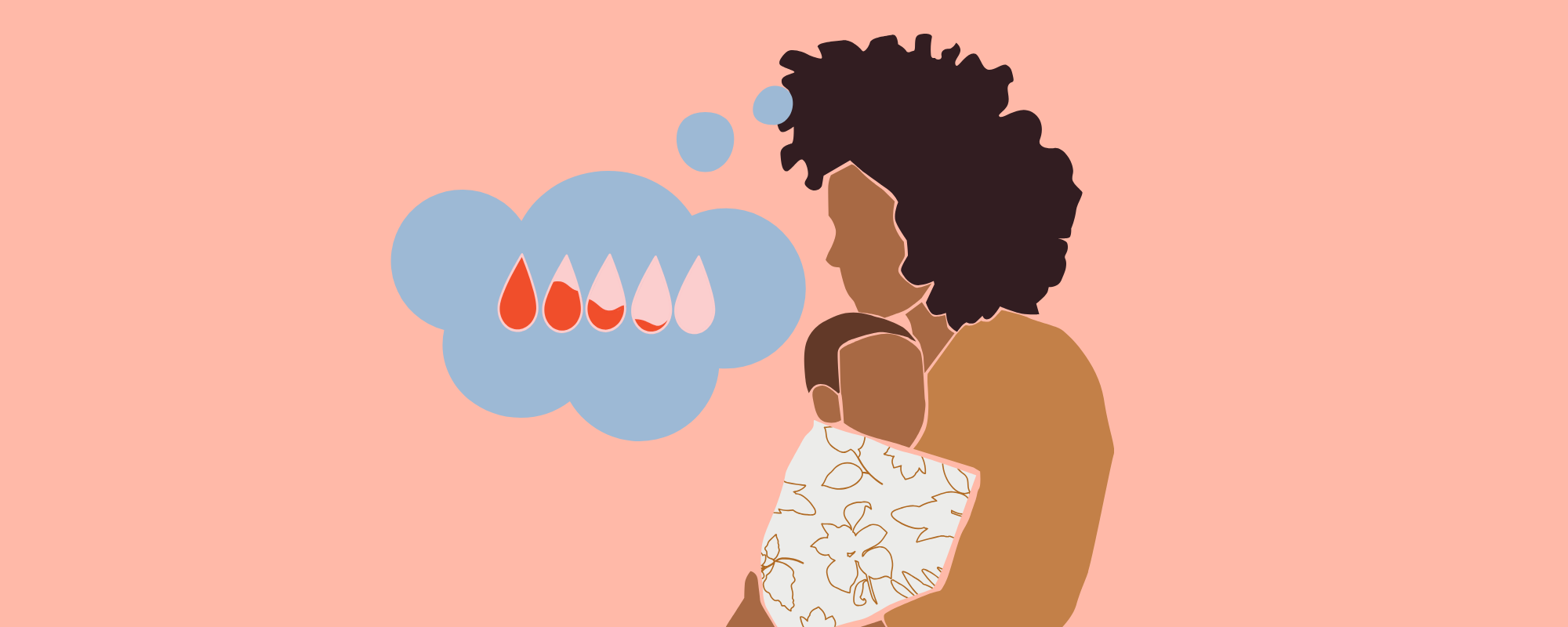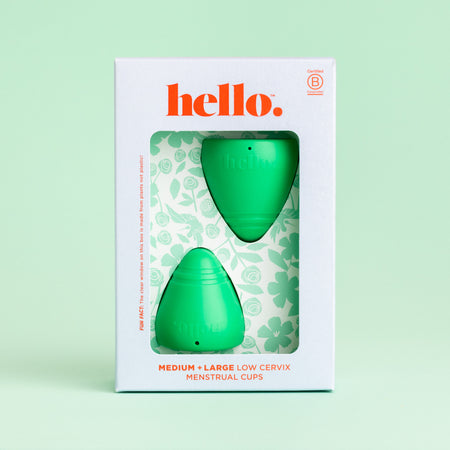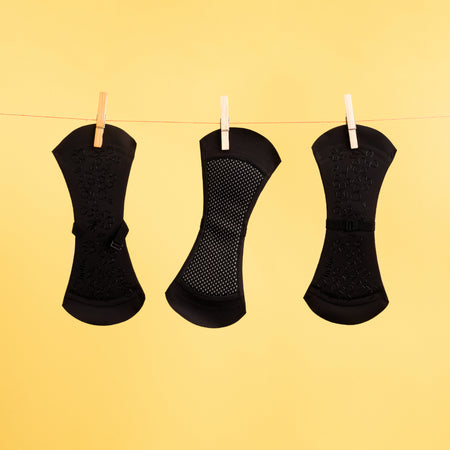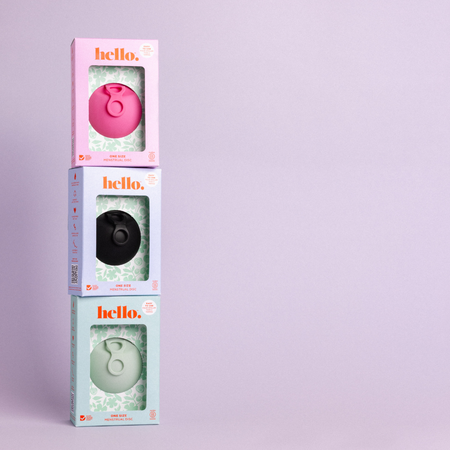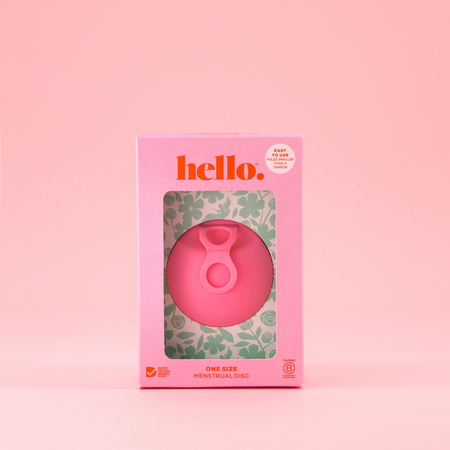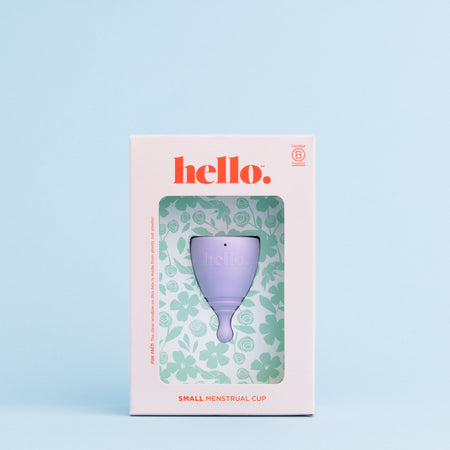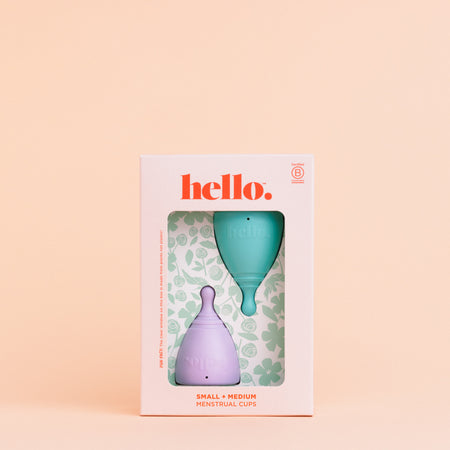Are painful periods a sign of good fertility? Painful periods, known as dysmenorrhea, are not necessarily a sign of good fertility - despite what you might read online. While some believe this, experts clarify that painful periods can result from various causes, not directly indicating fertility status. It's crucial to understand the underlying causes of period pain to assess reproductive health accurately.
What are Painful Periods (Dysmenorrhea)?
Painful periods, medically called dysmenorrhea, are no walk in the park. Characterised by throbbing or cramping pains in the lower abdomen, it can feel like your uterus is throwing a tantrum. For some, it's mild and manageable; for others, it can be utterly debilitating.
The pain usually starts a day or two before menstruation and can last a couple of days into the cycle. It’s caused by uterine contractions triggered by chemicals called prostaglandins. The higher the levels of these chemicals, the worse the cramps. To make matters a bit more complex, dysmenorrhea comes in two types—primary and secondary. Primary dysmenorrhea is common menstrual cramps without any underlying condition, while secondary dysmenorrhea stems from disorders in the reproductive organs.
What Causes Painful Periods?
Ever wonder what's causing those uncomfortable period cramps? Sure, prostaglandins often get the blame, but there's more to the story. Let's dive into some common reasons behind those painful periods and bustt the myth that suggests painful periods are a sign of good fertility.
1. Endometriosis
Endometriosis is when tissue similar to the lining inside the uterus grows outside of it. This can cause intense pain, especially during menstruation, as these tissues respond to hormonal changes, much like the uterine lining. With endometriosis affecting an estimated 1 in 10 people who menstruate, it's a significant contributor to painful periods.
2. Adenomyosis
Adenomyosis involves the growth of endometrial tissue into the uterine wall. This thickens the uterus, causing heavy bleeding and severe pain. Although the exact cause isn't fully understood, it's thought to be linked to hormones and previous uterine surgeries.
3. Fibroids
Fibroids are non-cancerous growths in or near the uterus. While they’re usually harmless, their presence can lead to heavier and painful periods. The discomfort arises as fibroids can pressure surrounding organs and complicate normal uterine contractions.
4. Pelvic Inflammatory Disease (PID)
PID is an infection of the female reproductive organs, often caused by sexually transmitted infections. Besides fever and unusual discharge, PID can result in painful periods due to inflammation and scarring of the uterus and fallopian tubes.
Is There a Connection between Painful Periods and Fertility?
Now, onto the pressing question—are painful periods a sign of good fertility? The simple answer is, no. While painful periods in themselves do not indicate fertility issues, some underlying conditions causing the pain, like endometriosis or PID, might impact fertility.
Endometriosis, for instance, can cause scarring and blockages, hindering the meeting of sperm and egg. Similarly, PID might result in scar tissue that affects fertility. However, many with these conditions do conceive without significant issues but that doesn’t mean painful periods a sign of good fertility. It’s clear that painful periods aren’t a direct indicator of fertility health. Instead, they may highlight underlying conditions that warrant attention.
Expert Advice on Managing Fertility and Menstrual Health
Managing menstrual health effectively can play a pivotal role in fertility. Let's explore some expert advice to help you manage both.
1. Lifestyle and Diet
Adopting a healthy lifestyle is a game-changer for both menstrual health and fertility. Eating a balanced diet rich in nutrients like folic acid, iron, and antioxidants supports reproductive health. Likewise, regular moderate exercise can help regulate hormones, while stress-reducing practices like yoga and meditation can soothe both mind and body.
2. Medical Interventions
For those with underlying conditions like endometriosis or fibroids, medical interventions might be necessary. This could include medications to manage symptoms or surgical options to remove problematic tissue. Consulting with a gynaecologist can provide tailored treatment and pain management plans.
3. Regular Check-Ups
Routine gynaecological check-ups are vital. They help monitor menstrual health and identify any potential fertility issues early on. Being proactive with healthcare can prevent minor issues from evolving into major concerns.
A Word from Hello Period!
At Hello Period, we believe in empowering everyone to take control of their menstrual and reproductive health. Our menstrual products and resources aim to support you on this journey, ensuring you have the tools and knowledge needed to make informed decisions. If you're wanting to understand your menstrual health better, consider checking out the Period Repair Manual by Lara Briden.
FAQs
Before we wrap up, let’s address some of the most common questions surrounding menstrual health and fertility, starting with whether “are painful periods a sign of good fertility”:
1. Are women with painless periods less fertile?
Not at all! The presence or absence of period pain does not directly correlate with fertility. Each body is unique, and reproductive health can't be gauged solely by period symptoms.
2. Do pain-relief medications affect fertility?
Common over-the-counter pain relievers, when used responsibly, generally don't affect fertility. However, prolonged use of certain medications should be discussed with a healthcare provider.
3. Can addressing the causes of painful periods improve fertility?
Potentially, yes. Treating underlying conditions like endometriosis or fibroids can sometimes enhance fertility, especially if these issues were causing blockages or scarring.
4. If I am trying to get pregnant with painful periods, what should I do?
Consult with a healthcare provider to explore the root cause of your pain. They can guide appropriate treatments or recommend lifestyle modifications to support both your comfort and fertility goals.
In conclusion, while painful periods might feel like a storm cloud over your monthly routine, they painful periods aren’t a sign of good fertility. Fertility is affected by numerous factors so understanding your body and seeking medical advice when needed will always be your best allies. If you're navigating this path, remember - you're not alone, and resources are available to support you every step of the way.
Disclaimer
Please be aware that we are not healthcare professionals. Our content is for informational purposes only and should not be considered a substitute for professional medical advice, diagnosis, or treatment.
